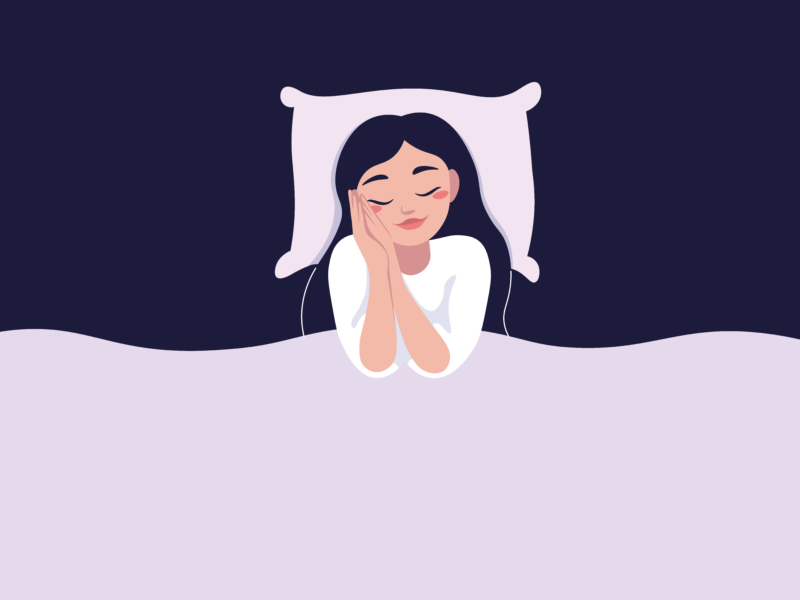
Diving Into Dreams
What are Dreams?
A dream is a succession of images, ideas, emotions, and sensations that usually occur involuntarily in the mind during certain stages of sleep. Humans spend about two hours dreaming per night, and each dream lasts around 5 to 20 minutes, although the dreamer may perceive the dream as being much longer than this.
Dreaming mainly occurs during the REM (rapid eye movement) stage of sleep when brain activity is high and resembles that of being awake. People typically have multiple dreams each night that grow longer as sleep draws to a close. They typically involve elements from waking life, such as known people or familiar locations, but they also often have a fantastical feel like people living out scenarios that would never be possible in real life. Lucid dreaming is a state of dreaming where the dreamer is aware that they are asleep, but is able
to control events within their dreams, to some extent. Lucid dreamers report willing themselves to fly,
or do the impossible.
The History of Dream Interpretation
There is no consensus on the interpretation of dreams. Dream interpretation emerged in 1899 as a field of psychological study when Sigmund Freud published “The Interpretation of Dreams”. He theorized that dreams reflect the dreamer’s unconscious mind and that dream content is shaped by unconscious wish fulfillment. Today, most experts disagree with Freud’s conclusions, and some don’t believe dreams signify anything at all.
A study found that people attribute more importance to dream content than to similar thought content that occurs while they are awake. For example, people were more likely to report that they would intentionally miss their flight if they dreamt of their plane crashing than if they thought of their plane crashing the night before flying (while awake).
Why do we Dream?
This is still being studied, but the purpose may not be to send us messages about self-improvement or the future, as many historically believed. Some researchers now believe that dreaming mediates memory consolidation, problem solving, and mood regulation, a process a little like overnight therapy. People who are sleep deprived also tend to be dream-deprived, spending less time dreaming and perhaps not remembering dreams as well.
Nightmares
A nightmare is an unpleasant dream that can cause a strong negative emotional response from the mind, typically fear or horror, but also despair, anxiety, and great sadness. Sufferers usually awaken in a state of distress and may be unable to return to sleep for a prolonged period of time. Nightmares can create feelings of terror, anxiety, or despair, and lead to psychological distress or sleep problems, like insomnia. Research has identified a range of causes for nightmares, including post-traumatic stress and anxiety—especially the presence of generalized anxiety disorder, dissociation, and physiological changes.